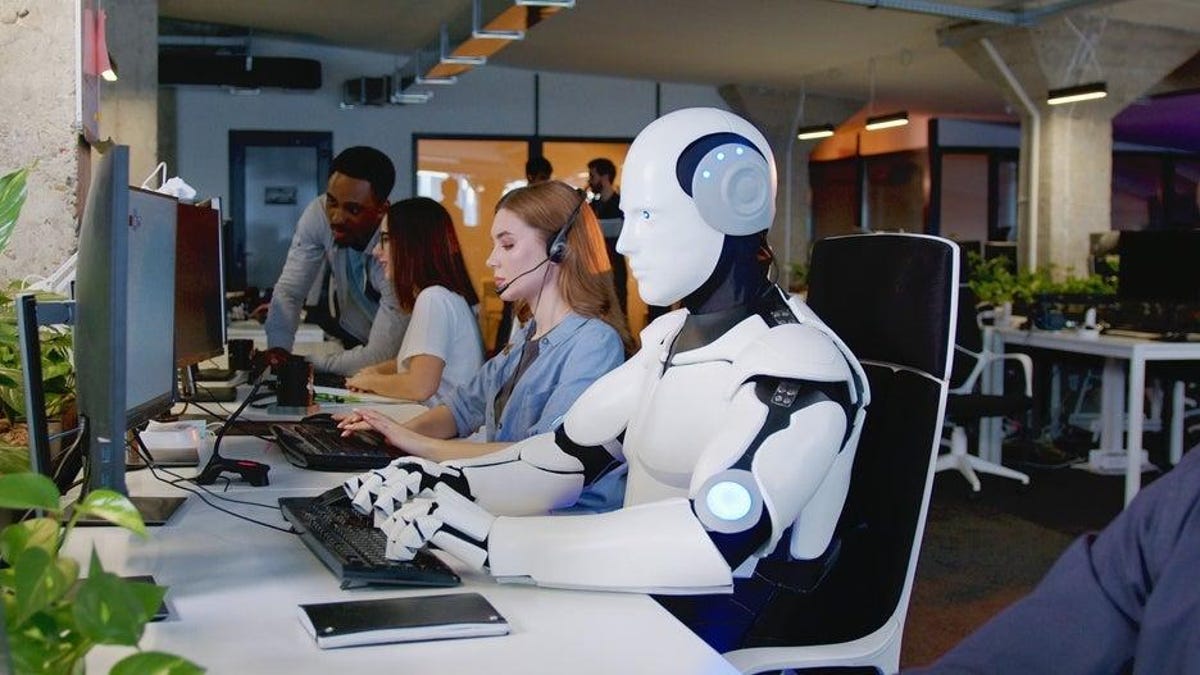Women are more at risk of losing their jobs to AI tools like ChatGPT compared to men according to a study that showed a disproportionate number of jobs filled by women will be eliminated by 2030. The study, published by the McKinsey Global Institute found that nearly eight in ten women will be forced to move to another company or lose their job to artificial intelligence and automation in the workplace.
Julia Pollak, a chief economist with ZipRecruiter, called the results “just staggering” in an interview with CNN, but added, “I think intuitively many of us appreciate that, it’ll be easier to automate some of these office jobs than it will be to automate carpenter jobs and electrician jobs and pest removal jobs — many of these manual services and production jobs that are far more male-heavy.”
The study suggests that lower-wage jobs will be affected the most by AI, saying those jobs are held by a higher number of women than their male counterparts. As one example, the report states: “Women are heavily represented in office support and customer service, which could shrink by about 3.7 million and 2.0 million jobs, respectively, by 2030.”
Other low-wage jobs held primarily by women including retail salespeople and cashiers will also be affected, according to the report, as will civil engineers’ jobs. The study says AI will help engineers and “accelerate the design process, taking all building codes into account for fewer errors and less rework.” The study also notes that Black and Hispanic workers will be more likely to have to search for new jobs by the end of the decade, alongside workers without a college degree, and the oldest and youngest people in the workforce.
Although blue-collar jobs are more likely to be replaced by AI, some white-collar jobs may be similarly affected with the exception that they cannot be wholly replaced, but rather, AI can be used to help streamline their workday and cut back on the amount of time spent on tedious tasks.
According to the study, women who will be heavily impacted by AI development will need to expand their skill set to stay relevant in the workplace and move on to other positions. It advises that workers will need to adapt to the challenges laid out by AI and suggests companies recruit, hire, and train people who have the potential to learn how to work alongside automation and transfer internal employees into other roles they can grow into.
Across the low-wage industries, the report said 1.1 million jobs could be eliminated but the number of higher-paying jobs could grow by upwards of 3.8 million. Overall, it “probably won’t be that kind of catastrophic thing,” McKinsey Global Institute partner Michael Chui told Bloomberg. He added, but it’s still “going to change almost every job.”
“Sometimes in the AI conversation, we take a perspective, which I think is a false perspective, that the task composition of a job is static — that a job is a job and it has fixed responsibilities,” Ben Zweig, Revelio’s chief executive officer, told CNN. “But that’s not really the case. Jobs transform all the time.”

